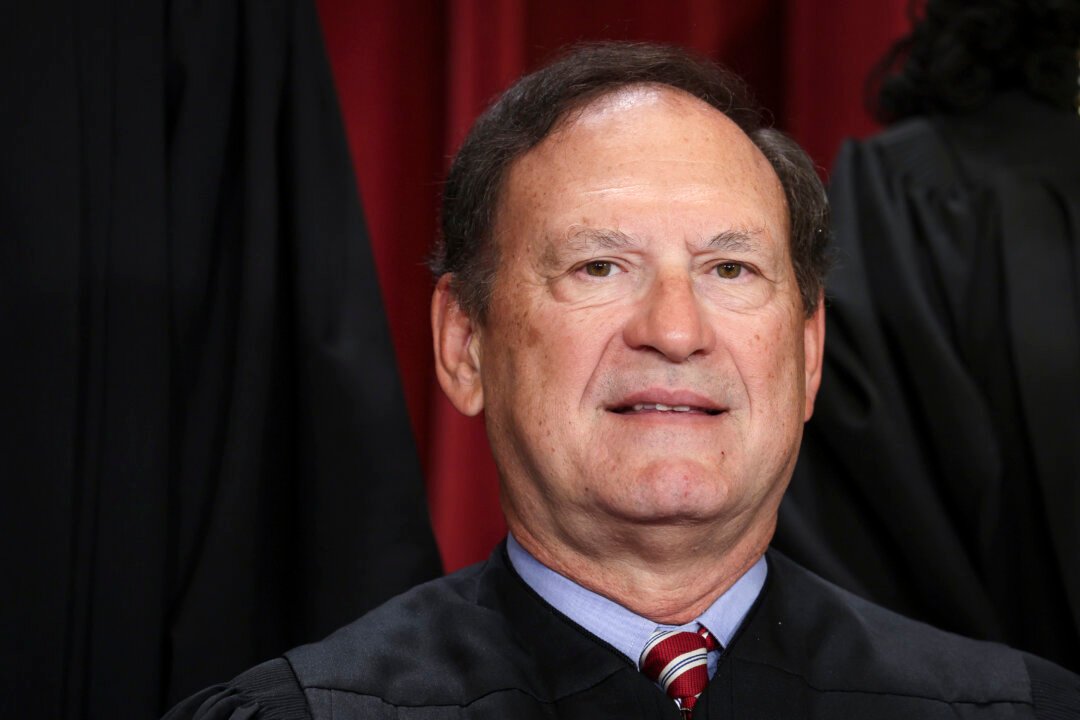
In a 5-4 decision that has significant implications for immigration law, the Supreme Court ruled on June 26th that the 30-day deadline to challenge deportation orders begins when formal removal proceedings end, not when the affected individual receives notification. This ruling, delivered in Riley v. Bondi, alters the timeline for legal action against deportation.
Justice Samuel Alito authored the majority opinion, garnering support from Justices Clarence Thomas, Brett Kavanaugh, Amy Coney Barrett, and Chief Justice John Roberts. The decision clarifies a crucial procedural aspect of deportation cases, potentially impacting numerous individuals facing removal.
However, the ruling wasn’t unanimous. A dissenting opinion, penned by Justice Sonia Sotomayor and joined in full by Justices Elena Kagan and Ketanji Brown Jackson (with partial agreement from Justice Neil Gorsuch), argued against this interpretation. The dissenting justices likely raised concerns about the fairness and practicality of this shortened timeframe, potentially leaving individuals with limited time to mount a legal defense.
This landmark decision significantly impacts the legal landscape surrounding deportation, potentially limiting opportunities for challenges. The ramifications of this ruling will undoubtedly be felt across the immigration system, impacting both those facing deportation and the legal professionals representing them. This is a developing story and further analysis is expected.

